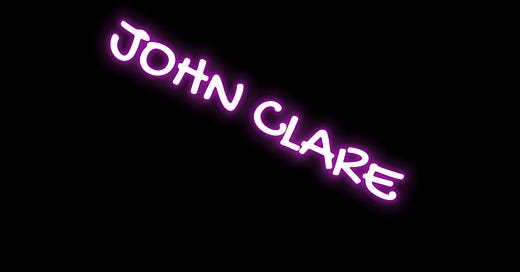Blockchains to the Rescue?
This is Part 2 of a short series suggesting some changes to the way government could work, dispensing with the deeply flawed current system, and without the need for a representative body to vote on behalf of the people.
I have suggested that the whole concept of modern democracy is deeply flawed. One thing is crystal clear; current political systems are proving a disaster. Or maybe it is that the people in political positions simply aren't up to the job. Or is it just that the Western Alliance is simply past its sell-by date?
There are several problems, and rather than these problems being addressed, western politicians are hell-bent on creating more. Good grief, we even have the threat of world war three just around the corner, not just from one idiotic conflict, but no less than three.
Alright, let's face up to that. One thing is rapidly becoming obvious, and that is we are beginning to change the way evolution is heading. We have gradually over the course of millenia managed to prove that as a species humankind is better at managing the world for our own benefit than other species.
We have managed to harness nature and other beasts to our assistance, so that we have animals to help us work and survive, and technology to improve our lifestyles.
What is now happening is that the technology we are producing today is capable of doing things so much easier, cheaper, and better than we can do ourselves. What this means is that we are rather rapidly making ourselves and our erstwhile institutions redundant.
That being the case why dont we go for the big one? Why dont we dispense with politicians who are constantly making a mess of things, and devise a better way of organising the way we relate with each other in a large community?
Fed up with the way politicians misuse money, a secretive coder decided to devise a monetary system that was set up in such a way that it would be difficult to be misused. This new system would need to be constructed in such a way that it was embedded in the new digital realm, and would be usable by humans, but it would not be able to be subverted.
What we got was bitcoin.
This was closely followed by more of the same, and the rest of us were introduced to blockchains.
Then came an interesting derivative called ethereum, which introduced the concept of automated contracts.
I dont propose to write a treatise on digital currencies and intelligent contracts, but if it is possible to create and use blockchains to work without much in the way of human guidance or interference, why can that technology not be used to create a blockchain version of the social contract?
In the UK we already have systems that could take over the Land Registry, and improve the way that works, and drastically reduce waiting times for updates, and also drastically reduce the cost of the service.
The same could be done with DVLA, the pension department, and various other governmental departments, particularly where back offices have grown huge.
It is also already possible to deal with voter registration and elections using blockchain technology. There is nothing to stop the public finances being dealt with via computer code, with checks and balances so that it is only possible to spend what the public exchequer has in the bank.
It will then be but a small step to go back to the old style democracies and have stakeholders in the government scheme who could vote directly on policy. There would be no need for a local representative in a parliament building, the affairs of state would be decided within the relevant blockchain.
Greek city states governed themselves because they were small enough to organise things that way. Clearly with a world population now in excess of eight billion the management of a country has grown way beyond the capabilities of such city state systems. However, by investing the structure of a modern country, together with its principles or constitution into the architecture of a blockchain specifically designed to enable stakeholders to directly make decisions according to those embedded principles, a governing body could be created. Thus the function of public discussion can be used to initiate decisions without the need for intermediary representation.
A blockchain needs a clearly defined purpose and founding principles, plus a structure which would enable decisions to be made and entrusted to ancillary entities for implementation. The way decisions would be decided would be quite simply a vote among the members, or stakeholders who by their commitment to the support of the blockchain (which I will call The Social Contract) are entitled to vote. That would be anybody who complied with the rules for becoming a stakeholder.
This only deals with the problem of dealing with representation. It doesn't deal with the essential matter of execution.
The next blog chapter is an attempt to show how the matter of representation is feasible with current technology, and the basic provisions embedded in Greek city state democracy can be embedded in a modern entity.
We only have to look around to see the mess that the current government structures are producing in the world to realise that it is high time we modernised the structure of government to take advantage of the new technologies.
(Please note these blogs are culled from a book I wrote several years ago about the current state of politics which was originally called Reform or Ruin. Here is the link to the complete book on Amazon: https://www.amazon.co.uk/dp/B0CDVJ61PM














Share this post